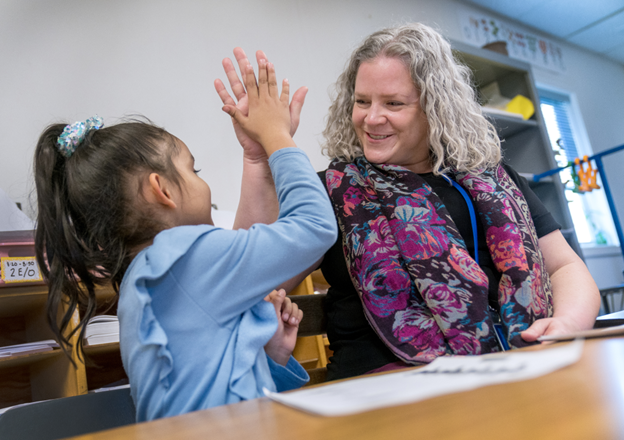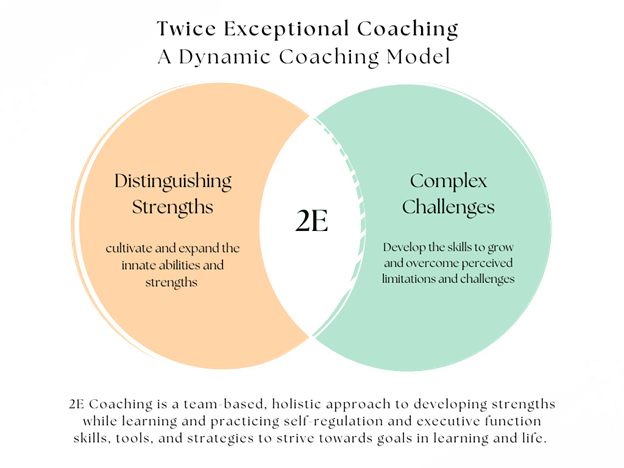Raising a child on the autism spectrum means navigating a world that often wasn’t designed with your child in mind. Traditional classrooms—with their noise, unpredictable routines, and rigid pace—can be overwhelming. That’s why more and more families are turning to online learning. For many parents, an online school tailored to the needs of autistic students provides the flexibility, structure, and understanding their child deserves.

Let’s explore the top reasons why online education is becoming the go-to option for children with autism.
1. Individualized Learning that Honors the Child

No two autistic learners are alike. Some thrive on visuals, others need extra time to process verbal instructions. Online schools that specialize in neurodiverse education understand this. They provide personalized instruction that adapts to how each student learns best.
Instead of forcing a student into a preset pace, these schools offer self-guided progression with live, small-group instruction. When a student is ready to move ahead in one subject but needs more time in another, that’s not seen as a problem—it’s encouraged. This flexibility allows students to grow on their own timeline without unnecessary stress.
2. A Calm, Predictable Environment

Traditional school environments are full of sensory triggers—bright lights, loud bells, crowded hallways. For a child with autism, those elements can be deeply distressing and interfere with learning.
Online schools offer a predictable routine in a controlled environment: the comfort of home. Parents can tailor the space to their child’s sensory preferences, helping them stay regulated and focused.
When structured virtual classes are combined with consistent schedules and clear expectations, autistic students are more likely to thrive academically and emotionally.
3. Specialized Educators Who Understand Neurodiversity

One of the key reasons parents choose online education is access to teachers who are trained in supporting autistic learners. These educators know how to:
- Break down complex instructions into manageable steps
- Use visual supports and multi-modal teaching strategies
- Respond with patience and understanding when behaviors emerge
The difference is night and day when a child is taught by someone who sees their strengths and understands their needs. This level of care is essential for students who often feel misunderstood in traditional systems.
4. Social Interaction Without the Overwhelm

One misconception about online schools is that they lack social opportunities. In reality, a well-structured virtual program offers purposeful, supported peer interaction—often in ways that feel safer and more manageable for autistic students.
Small group discussions, collaborative projects, and optional virtual clubs allow students to connect on their terms. Many students who previously dreaded group work in brick-and-mortar schools find they enjoy participating when the environment is inclusive and respectful.
5. Reduced Bullying and Emotional Strain

Bullying is, sadly, an all-too-common experience for children with autism in traditional schools. Online learning removes many of the social stressors that come with navigating a physical school environment. When students no longer feel on edge, they’re better able to focus, engage, and feel safe.
Families report a noticeable difference in their child’s confidence, emotional well-being, and willingness to participate in learning after transitioning to online education.
6. Support for Twice-Exceptional Learners

Some autistic students are also gifted—what’s called “twice-exceptional” (2e). These learners often fall through the cracks in traditional settings, where advanced abilities in one area may be ignored because of challenges in another.
Online programs built for 2e students recognize and nurture both their strengths and their needs. It’s not about forcing them to fit in—it’s about creating space for them to soar.
7. Parental Involvement and Oversight

Parents of autistic children often feel left in the dark about what’s happening in the classroom. Online learning flips that script. With virtual programs, parents can:
- Observe live lessons
- Monitor progress in real time
- Communicate directly with instructors
This transparency builds trust and allows for true collaboration between home and school. It empowers parents to advocate effectively and be part of their child’s education in a meaningful way.
8. Therapeutic Alignment

When your child has speech, occupational, or behavioral therapy, flexibility matters. Online schools allow you to schedule academics around therapy—not the other way around. This integrated approach respects the full scope of your child’s development and avoids burnout.
It’s especially valuable for families juggling multiple services or navigating long commutes to appointments.
9. Access Across the State—No Matter Where You Live

In many parts of North Carolina, families struggle to find a local school for children with autism in NC that truly understands neurodiverse learners. That’s where virtual education makes all the difference.
With a laptop and a stable internet connection, your child can attend an online school for autistic kids in NC that may not have been accessible otherwise. That means rural families and those without local options no longer have to settle.
10. Real Academic Progress Without the Pressure

Online schools designed for autism aren’t focused on testing and compliance. They’re focused on growth. Students are encouraged to meet goals, explore passions, and build resilience at their own pace.
One parent recently shared how their child, once considered “non-participatory” in a public setting, is now leading science discussions in virtual class. That’s the kind of transformation that becomes possible when a child feels safe, seen, and supported.
Final Thoughts
For many North Carolina families, finding the right educational fit for a child with autism has been a long and often frustrating journey. But virtual learning is changing that—offering a flexible, supportive, and truly individualized path forward.
Scholars Academy is proud to be part of that solution. Our specialized online program is built for neurodiverse learners, with live instruction, small group classes, and educators who understand autism, giftedness, and everything in between. We provide a safe, consistent environment where students can thrive academically, socially, and emotionally.
If you’re looking for an online school for autism in NC that offers more than just accommodation—one that truly understands and nurtures your child—you’ll find it here.
Whether you need an online school for kids with autism in NC or a school for children with autism in NC that respects the full spectrum of learning needs, Scholars Academy offers a personalized approach that’s helping families across the state create success stories every day.
Let’s write your child’s next chapter—together.
